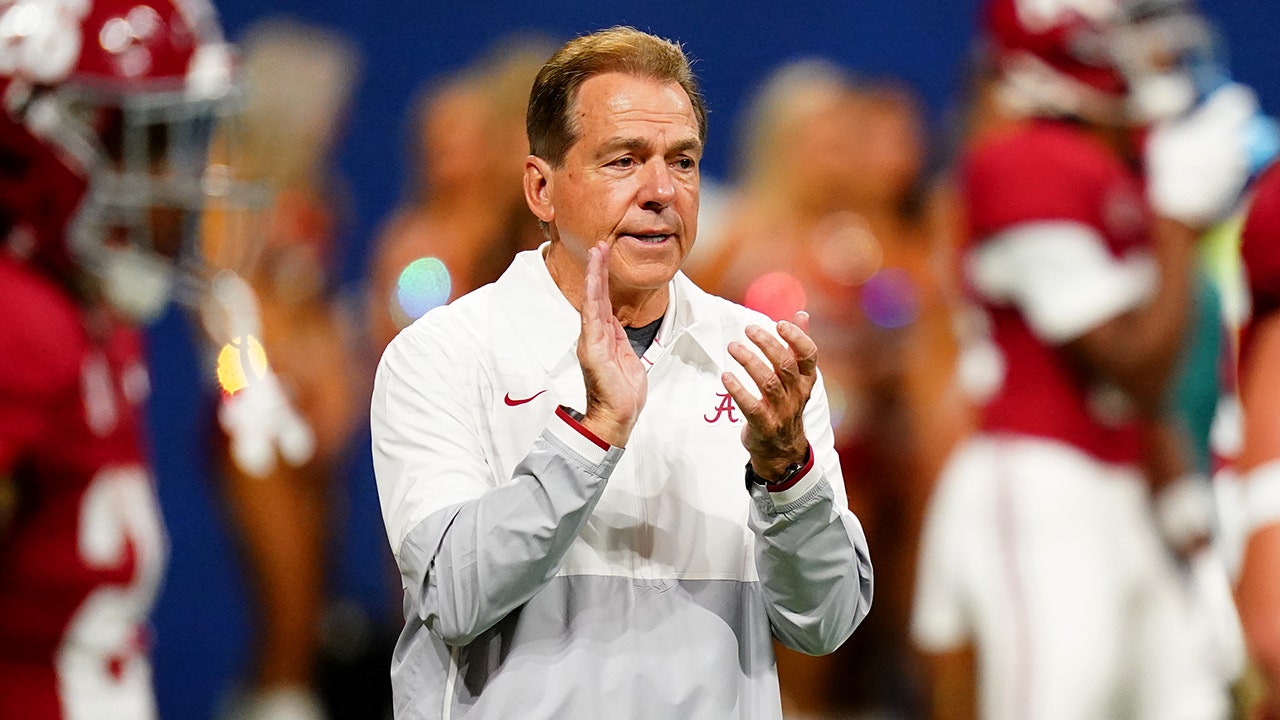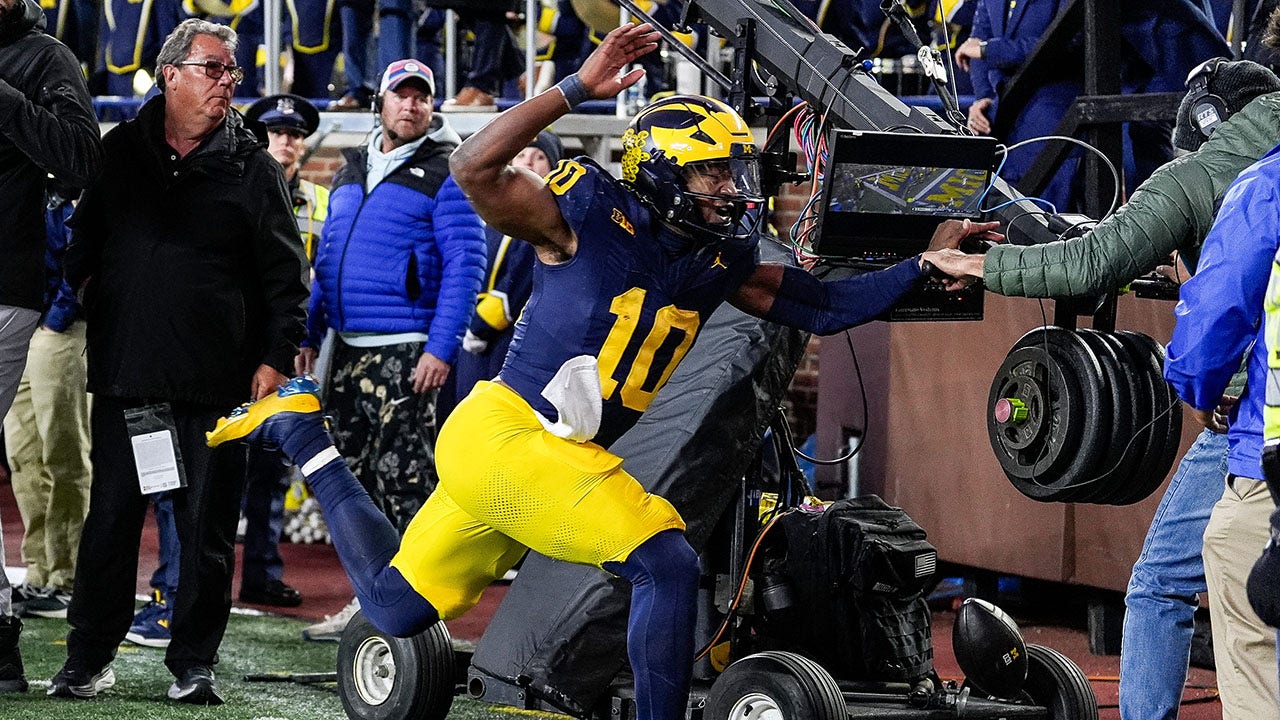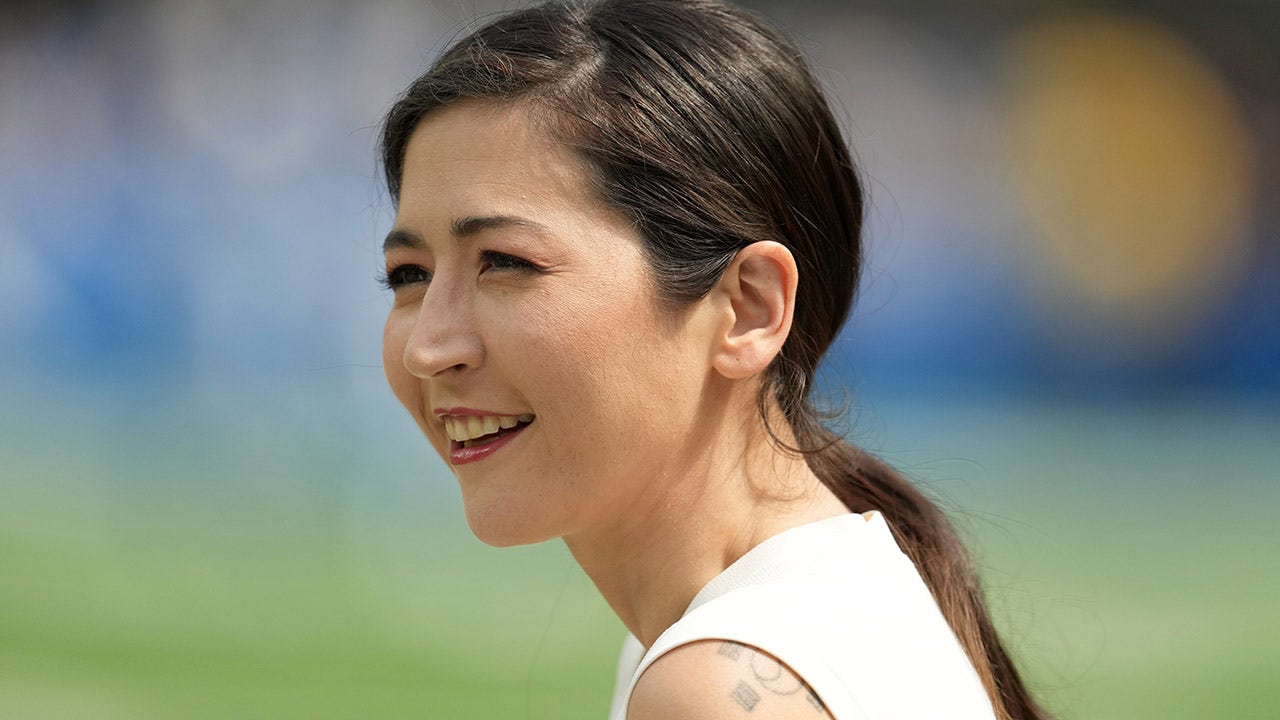Vic Seixas, who won 15 Grand Slam tennis tournaments in the 1950s, died on Friday. The oldest living Grand Slam champion, he was 100.
His death was announced by the International Tennis Hall of Fame, which did not say where he died.
“From 1940 to 1968 Vic Seixas was the face of American tennis,” the Hall of Fame declared when he was inducted in 1971.
At 6-foot-1 and about 180 pounds, Seixas (pronounced SAY-shuss) was known for his superb conditioning and endurance and was frequently ranked among the top 10 players in the United States. The renowned Australian tennis figure Harry Hopman regarded him as the world’s No. 1 amateur of 1954.
Seixas won two Grand Slam singles championships, eight mixed doubles titles and five men’s doubles championships. He captured his first men’s singles title when he bested Kurt Nielsen of Denmark at Wimbledon in 1953 and defeated Rex Hartwig of Australia in the 1954 singles final of the U.S. Nationals at Forest Hills, the forerunner of the U.S. Open.
Seixas, who remained an amateur throughout his career, played in 28 U.S. championship tournaments at Forest Hills between 1940 and 1969. He missed the event only when he was serving in the military during World War II.
“Even when he was off form, he pulled out big matches by persevering long after most men would have given in and then, quite miraculously, forcing his way out of the slough of despond with a sustained streak of brilliant volleying,” Herbert Warren Wind wrote in Sports Illustrated in 1958.
In addition to his two Grand Slam singles triumphs, Seixas captured eight mixed doubles titles, seven with Doris Hart and one with Shirley Fry. He also won a men’s doubles championship with Mervyn Rose and four more with Tony Trabert.
He won 38 of 55 Davis Cup singles and doubles matches between 1951 and 1957, and he teamed with Trabert to defeat Ken Rosewall and Lew Hoad to end Australia’s four-year Davis Cup reign in 1954.
In 1966, at 42, Seixas played 94 games over four hours to defeat 22-year-old Bill Bowrey of Australia in the Philadelphia Grass Championship. Later that year, at the U.S. Nationals, Seixas, the tournament’s oldest entrant, defeated 19-year-old Stan Smith in five sets.
Seixas, who won 56 singles titles overall, retired from regular tournament competition in 1970 but continued to play in senior matches. His career was nearing its end when Open tennis, and the huge purses that went with it, was created in 1968.
“In 1953, when I won Wimbledon, I got a 25-pound voucher, which was worth about $75 at the time,” Seixas told the San Francisco television station KPIX in 2018. “I had to spend it in a store in Piccadilly connected to tennis. I purchased a sweater.” When he won the U.S. Nationals in 1954, he added, “I didn’t even get a sweater — nothing.”
Elias Victor Seixas Jr. was born on Aug. 30, 1923, in Philadelphia. His mother, Anna Victoria (Moon) Seixas, was of Irish background. He told The Philadelphia Inquirer in a 2019 interview that his father’s family left Portugal and emigrated to the Dominican Republic before coming to the United States.
Although Seixas was at times referred to as Jewish, he told The Inquirer that neither parent was “particularly religious.” He added, “It’s quite possible my father’s family was Jewish 500 years ago, but I was brought up and married in a Presbyterian church.”
Seixas’s father, who owned a plumbing supply company, played tennis at a local court, and Vic began hitting balls as a youngster. He was a tennis star at the William Penn Charter School in Philadelphia and at 17 played in his first U.S. Nationals, winning his opening match before being ousted.
He was a pilot in the Army Air Forces in World War II, stationed in the Pacific, and then attended the University of North Carolina, where he was named a tennis all-American. He graduated in 1949.
Seixas considered tennis a part-time endeavor and had expected that he would eventually take over his father’s plumbing company. Instead, he worked as a stockbroker instead in Philadelphia from the 1950s to the early 1970s. He later became a tennis director for the Greenbrier resort in White Sulphur Springs, W.Va., and at a Hilton hotel in New Orleans.
He moved to the San Francisco area in 1989 and established a tennis program at a Marin County racket and beach club now known as the Club at Harbor Point. He taught tennis and tended bar there until his mid-80s, when knee problems limited his activities.
When Seixas was in his 90s and needed a full-time care giver, a GoFundMe page was created to help cover his medical expenses.
At the suggestion of Stan Smith, Adidas signed him as an ambassador for about $2,000 a month. “I asked them, ‘How long is this for?’” Seixas recalled in an interview with The San Francisco Chronicle in September 2022. “They said, ‘Until you die or we go bankrupt.’ As long as I can stay alive, I’m all right.”
Seixas is survived by a daughter, Tori Seixas. His two marriages ended in divorce.
Seixas drew on his longevity in the tennis world in the book “Prime Time Tennis: Tennis for Players Over 40” (1983), which he wrote with Joel H. Cohen.
In his last years, Seixas was invariably asked by interviewers how he felt about being the oldest living Grand Slam champion and the oldest member of the International Tennis Hall of Fame. His customary answer: “I’m proud of it, but I’d rather be the youngest.”






